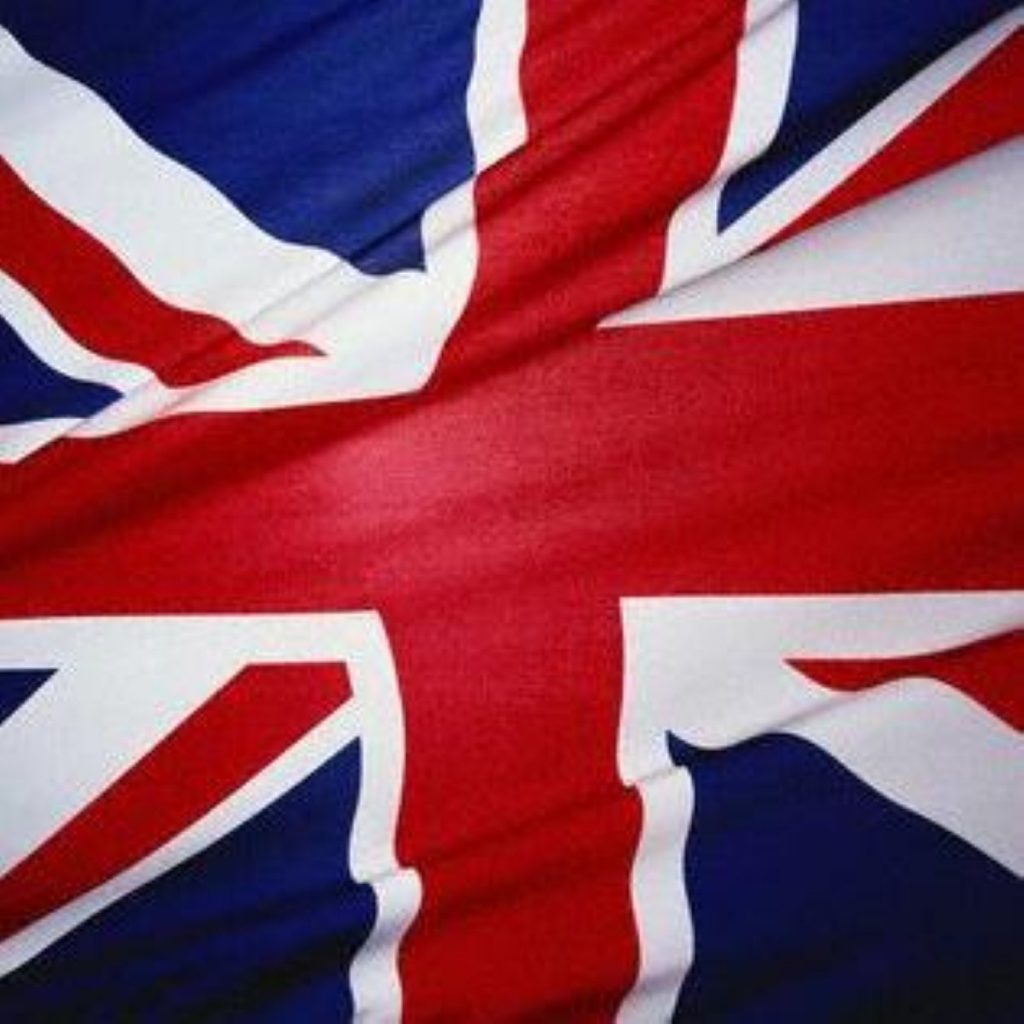Scotland and Wales: Ten years on
By politics.co.uk staff
It is the tenth anniversary of the first elections for the Scottish and Welsh assemblies, but relations between the home nations are nearing an all-time low.
New Labour made devolution a centrepiece of its reform programme when it came to power, with the promise that “devolution will be the salvation of the UK”.
In the years which have passed Scotland and Wales have both elected nationalist parties into power, albeit by a narrow margin.


The regions have shot ahead in some areas. Scotland and Wales both banned smoking in public places before England, while plans to phase out prescription charges in Scotland have proved popular with voters.
But other research indicates a poor performance. Former Labour chief adviser and economist John McLaren recently published research showing Scotland had a lower rate of improvement in education, health and economic performance than the rest of the UK.
Sunday marks the second anniversary of the last Hollyrood election, when Alex Salmond’s Scottish National party (SNP) won 47 of the 129 seats in the parliament.
The party was unable to form a majority government after Scottish Labour, the Liberal Democrats and the Conservatives turned it down.
Today, Mr Salmond, who remains a popular leader with a relatively strong lead in the polls, said: Ten years ago, Scotland changed for the better – and forever.
“We have what it takes to build success in Scotland, and with more powers we can achieve even more. That is why I believe independence is the next step for Scotland as we move into the second decade of our parliament.”
Plaid Cymru Leader Ieuan Wyn Jones said that creating a more prosperous and sustainable Wales should be the ultimate goal of the next decade of devolution and called for an overhaul of the current system.
“Welsh citizens now have the confidence in their Assembly to make laws on their behalf and the current system of asking for powers on a case by case basis is proving to be unsustainable and ineffective,” he said.
“A decade on from the birth of Welsh devolution it’s time for a proper, law-making parliament.”
Welsh devolution was always a more limited offering than that north of the border, and turnout figures tend to support this analysis.
The Welsh voted for home rule by the smallest of margins, with a 50 per cent turnout.
On this day ten years ago, just 46 per cent cast a vote for an assembly member.
“The first Assembly election came when there was a real spasm in Welsh politics,” remembered Alun Michael, the Wales secretary who was chief of the Welsh Assembly for its first nine months.
“We’d had the resignation of Ron Davies and when I took over as secretary of state for Wales the process of preparing the new Assembly actually left a lot to be desired.
“There were many other things that were unsatisfactory about the devolution settlement which is why the 2006 Act was necessary to put right some of the deficiencies in the original design.”
Despite these difficulties Mr Michael said his overriding memory was one of “pride”, however.
He added: “The most important thing was, after arguing it as I had done and many others had over a 30-year period, we had for the first time an elected Assembly for Wales. I think that, during the first days, there was a tremendous feeling of achievement.”
Today, Plaid Cymru is the junior party in a Welsh Labour party coalition with 15 of the 60 seats in the Welsh Assembly.
But relations between England and the devolved regions are at an all-time low.
The West Lothian question remains high on the political agenda, with many English voters frustrated that Scottish MPs are able to vote on English affairs which do not affect their constituents.












